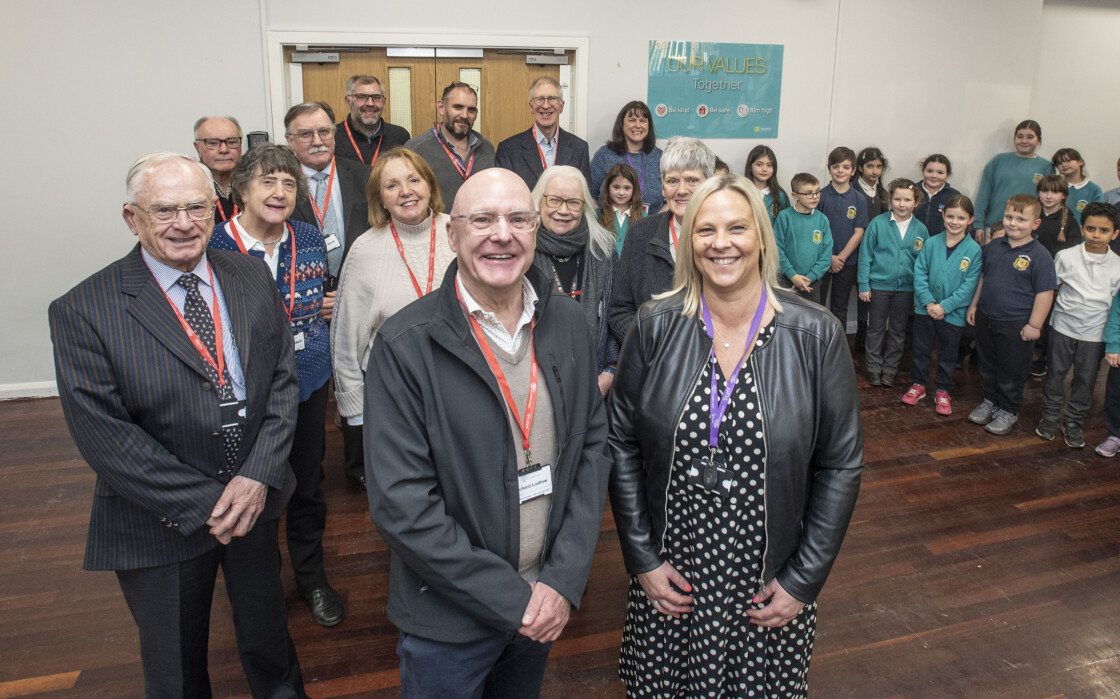Teachers from schools across York-based Ebor Academy Trust have been visiting schools in Finland and in Plymouth as part of an initiative to develop creativity across the primary school curriculum.
Finland has a reputation for innovative, creative education and the Plymouth School of Creative Arts focuses on ‘make, discover perform’ learning. The Ebor teachers, part of a curriculum development team, say examples of good practice they have witnessed will help shape the upcoming Creative Arts Academy York and would be considered by headteachers across all Ebor Academy Trust schools.
Approval for the city’s new Creative Arts Academy, for 5-11 year-olds, was granted by central government in July 2016 and details of where it will be located and when it will open is expected soon.
“I have always believed creativity and the creative arts should be encouraged in our schools and the approval of our bid to set up a new type of school has given Ebor the opportunity to thoroughly research how we can plan a 21st century education for 21st century citizens,” said Richard Ludlow, chief executive of Ebor Academy Trust which runs 15 schools across York, Selby, the East Riding and on the Yorkshire Coast.
“It’s a tremendous career development opportunity for our teachers and the ideas they are bringing back may yet have profound beneficial consequences for our children.”
Ebor assembled their curriculum development team from an internal advertisement.
Jo Sutton, a maths Academy Specialist within Ebor, believed that: “Whenever possible, subjects would be merged to create a more rounded approach to learning, with a strong emphasis on nurturing self-confidence and autonomy within the classroom.”
Emma Langan, a teacher at Hob Moor Oaks special school in York, said: “We saw how students in both settings are taught to apply their creative thinking to problem-solving across the curriculum. And it would be fabulous to see even more collaboration among staff in our schools. Children at both settings we visited benefited from staff teaching their specialisms across their key stage – not just to their own class.”
Will Preston, a teacher at Brotherton and Byram Community Primary Academy near Selby, said: “What we need now, as teachers, is greater trust and autonomy to work to our strengths and to put passionate teachers in the driving seat of our schools. The Finnish system of introducing formal learning at age seven, after a number of years of entwined play and learning, highlighted how critical well-formed foundations are to enable children to carve out learning pathways. Comparatively, Plymouth School of Creative Arts’ consideration of ‘stage, not age’ was refreshing and extremely exciting.”
Jo Sawyer, headteacher at Park Grove Primary Academy in York said she liked the idea of a more informal, play-based curriculum until the age of seven: “I believe this would be better for the children and would mean they would learn to read and write at their own pace. However, this would rely on the government removing formal testing completely for children up to this age.”
The importance placed on the need for meaningful free play during breaktimes, with access to activities providing real exercise, was an observation made in Finland by Natalie Martin, assistant headteacher at Park Grove Primary Academy.



